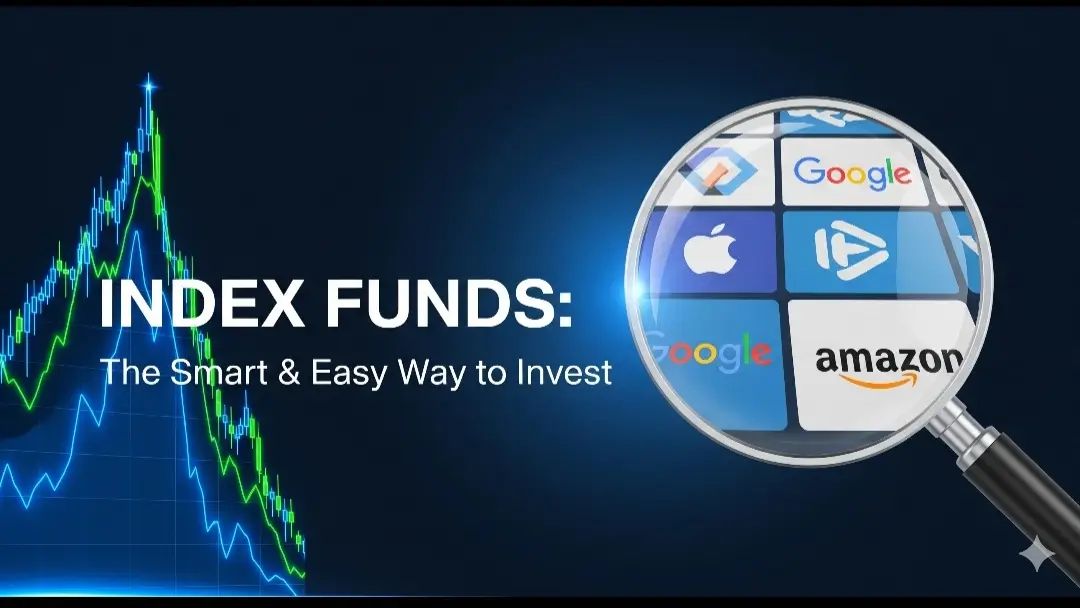Featured Insights for Market Beginners

The Ultimate Money Hack: Understanding Retirement Accounts
Maximize your retirement savings with tax-advantaged accounts. Learn about IRAs, 401(k)s, and how to plan for your financial future.

Tech ETFs vs. S&P 500: Which Investment is Right for You?
Understand the differences between sector-specific technology ETFs and broad market index funds for your investment portfolio.
Essential Investing Strategies
The Power of Dollar-Cost Averaging
Learn the disciplined approach to investing consistently, regardless of market highs or lows. Ideal for long-term investors seeking to build wealth gradually.
Growth Investing Explained
An introduction to identifying companies with high growth potential for your portfolio and long-term wealth building through emerging market leaders.
Value Investing: The Timeless Strategy
Explore the timeless strategy of finding undervalued companies in the market, a core principle of legendary investors like Warren Buffett.
